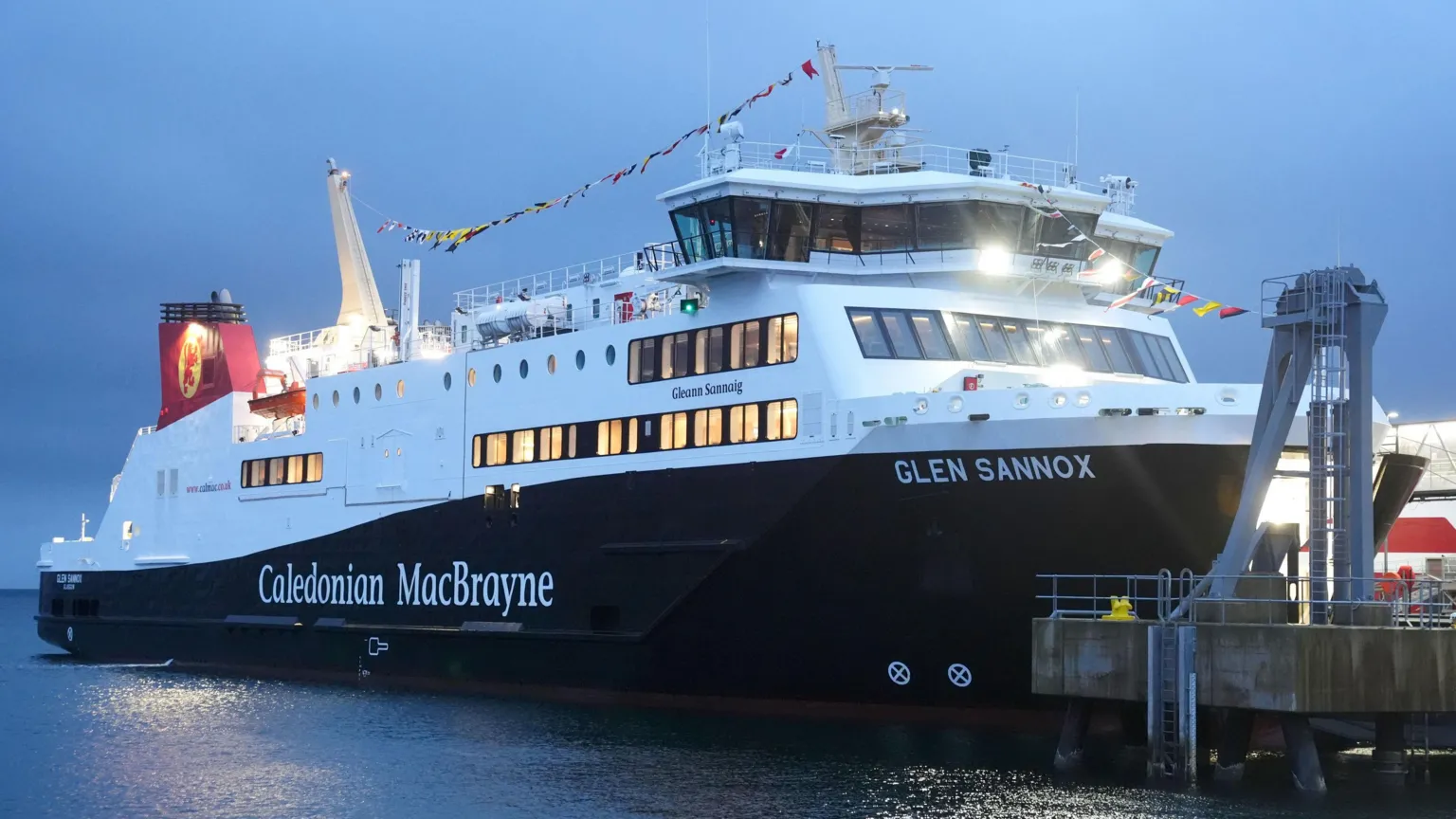CalMac’s compensation bill is climbing again as delays and cancellations continue to disrupt lifeline ferry routes, prompting anger from political opponents and renewed promises of investment and new ships.
CalMac paid £432,735 in compensation in 2024–25, with a further £33,792 in May and June this year, taking payouts since April last year to more than £460,000. That amounts to about a 37% rise from 2023–24’s £314,494, though it sits slightly below the £454,000 total in 2022–23, according to figures released via freedom of information.
Between April 2023 and April 2025, 7,058 customer claims were lodged, bringing total compensation since 2017–18 to more than £1.9 million, the Liberal Democrats said as they criticised ongoing disruption for islanders and businesses.
Also Read: NZPO backs Reservation Review Commission for fair opportunities
Blame over delays, ageing ships, and outages
Opposition politicians argue ministers allowed the network to deteriorate, saying delays to new vessels have worsened reliability across an ageing fleet. MV Glen Sannox entered service years late and massively over budget, while sister ship MV Glen Rosa has been pushed into next year with further cost pressure, extending strain on routes.
Separately, MV Caledonian Isles has been laid up for an extended spell and could be out for another four months for further repairs, adding pressure on capacity and timetables, the party said as it launched a consultation on rebuilding services.
Operator and government responses
CalMac says compensation is paid when disruption occurs for specific reasons, covering eligible costs such as meals, accommodation, and extra mileage, while staff seek alternative sailings where possible.
The operator says it is running more sailings than ever but with vessels “stretched to their limits,” and acknowledges an ageing fleet contributes to technical faults and cancellations; it expects 13 new vessels to join by 2029 to improve reliability.
Also Read: Ralf Little reveals uneasy aftermath of exiting Death in Paradise
Transport Scotland says that over the last decade just 5.5% of scheduled sailings were cancelled; of those, 25% were due to technical issues and 60% to weather. The Scottish Government plans to invest over £530 million in the coming year to maintain and enhance networks and strengthen resilience on the west coast and northern isles, about a 23% increase on 2024–25 funding levels.



